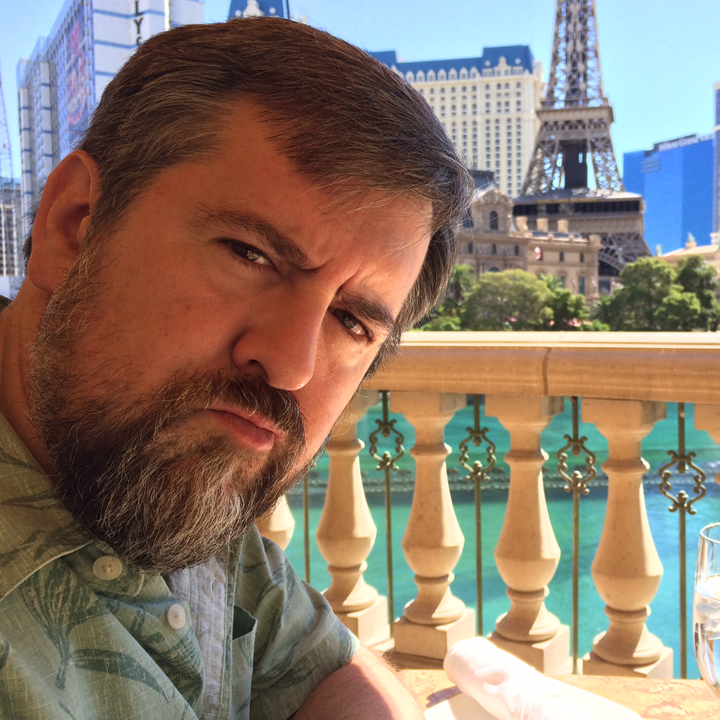About
John is a Sci-Fi Nerd and Classical Music Enthusiast who “dabbles” in composition. John began composing at age 12 because he came up with a theme for a Sci-Fi movie and no one would write it down for him. So he learned music theory and did it himself... and then refused to stop.
In college he majored in both Film Production and Music Composition but then landed a summer job as a 2D animator, which began a lengthy career as an Animation Director for American commercials (Cap’n Crunch) and TV shows (Animaniacs, Histeria, Farscape).
But the music bug never left, and he continued playing piano and composing small pieces in the background during this time, even creating the score to one of his own animated short films “Defiant” (2000) and contributing to the score of “Lemmings” (2005).
After briefly helming his own animation studio, Gold Skeleton Pictures, John entered the gaming industry as an Art Director for one of the world’s largest slot-machine companies. Even though music was always a passion, for many years it lay dormant as he achieved success in this new career.
But in 2016 John decided to re-start formal piano lessons and get serious about composing again, with an eye towards a possible second career in retirement. This began a very productive period of composing which saw the creation of 4 piano sonatas, a Violin Sonata, A string Quartet, a Cello Sonata, and various smaller piano pieces such as the Bagatelles, The Salzberg Variations, and a Caprice.
John is a passionate advocate for new music that employs traditionally Classical and Romantic forms, and has coined the term “RetroClassical” to describe these works. He is also a huge fan of movie soundtracks and considers John Williams and Jerry Goldsmith on equal footing with Debussy and Brahms and will challenge anyone who disputes that to a mean game of chess!
FUN FACT: John saw the original Star Wars 69 times in the theater and can quote the entire movie from memory.
Listen to John's music here:
https://soundcloud.com/john-griffin-947448053
